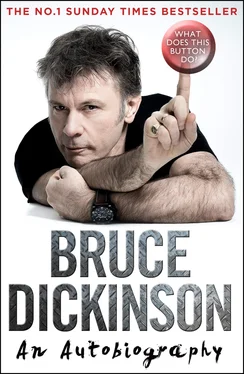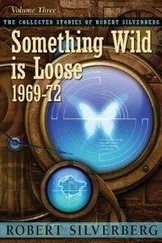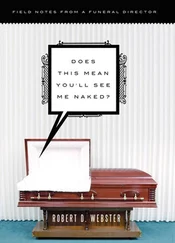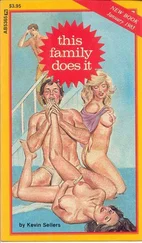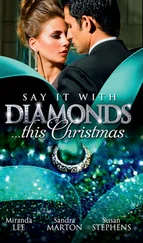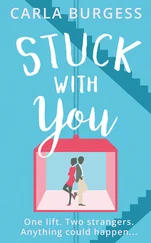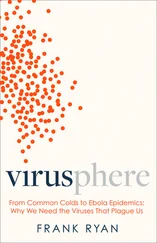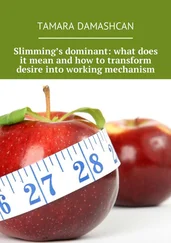Steve was the only non-student, and I have utterly forgotten how we found him, but he lived in Catford and had more drums than I had ever seen in my life.
We found a large room in the disused kitchens of the halls of residence, set up some kit and made a noise. The walls were tiled and the stainless-steel sinks created a natural tinny reverb, so the whole experience was like playing inside a biscuit tin.
I asked Noddy to show me how to play guitar, and I slowly crabbed and clawed and contorted my stubby fingers into the requisite shapes. Immediately I started to write, and the first thrill of creation soon turned to frustration without the ability to create form and structure.
I never forgot the initial joy, the thrill of that moment of inception, of meaning. Even if it only meant something to myself, and even if it ultimately was deemed rubbish. There was a purity in the art of creation. By now, we had worked up a small repertoire, and all the material was our own. We were basically ready, or so we thought, to get some gigs.
But we needed a name.
Names are vexatious things. They can unwittingly define and doom a band to perdition, or, even worse, to be damned by faint praise.
A name creates the tightrope that every band walks. Rock music walks that tightrope for eternity: too pomp, too punk, too serious, too laughable, too out of tune, too technical – none of it matters as long as you stay on the tightrope. In fact, it’s exciting to watch as you wobble.
But it’s hell if you fall off.
In 1977 punk was in full flow, and Queen Mary College, Mile End, the East End, was smack-bang in the middle of it. The Pistols’ secret gigs, the Jam, Bethnal – a punk band with a violinist. What’s in a name?
We played way too fast, and the more excited we got, the faster we played.
‘Speed?’ Noddy suggested.
‘Speed?’ I queried.
‘Yeah. Cos we play too fucking fast.’
None of us, and I mean NONE of us, had any idea that speed was a drug, and a rather popular one for a culture that hadn’t discovered – and anyway couldn’t yet afford – cocaine. Beer was the only drug in town. In the student union after 5 p.m. there was a gaggle of music fiends who stood by the jukebox and fiercely disagreed every day about the same things. They shouted at each other and remained friendly at the end of it. Future world leaders and football supporters, take note.
The union bar contained all shades of red, from light pink in high heels to communist scarlet, with blood-stained hatchets to bury in the heads of the filthy capitalist oppressors. As an avowed contrarian, I stood up and opposed a few of the more silly motions in public debates. It was worth it, just to wind up these po-faced and self-important arbiters of student political opinion.
The Socialist Workers Party rep was always polite but intense – a duffel-clad class warrior. We would have entertaining arguments before he decamped to plot the coming apocalypse, leaving me with the thought that I was on the list .
‘The Titanic ,’ ‘I reminded him, ‘also had a list, and look what happened there.’
There were, however, departments in the student union that actually did things, as opposed to talking about doing things. Entertainment seemed absolutely the place to go. The entertainment officer was elected by students, along with his or her deputy, and essentially became a student-union-funded concert promoter.
Queen Mary had, and still does have, an extraordinary facility, the Great Hall. Built in the 1930s as the People’s Palace, it had one of the largest proscenium stages in London. Now it has been modified as more of a multi-purpose space, but back in 1977 it was still a theatre with a seated balcony and a large floor, which, for gigs, was devoid of chairs.
I started out as a volunteer by pushing boxes around and loading in and out for various bands. I assembled the ‘Atomhenge’ for Hawkwind, and these days I drink in my local pub with the drummer, who is now one of the UK’s leading authorities on waste recycling. At the same show were the reformed Pirates, minus Johnny Kidd himself, of course, who had been killed in a car crash some years before. The guitarist, sadly now deceased, was called Mick Green, and he is pretty essential listening for any guitar player.
Variously, Manfred Mann’s Earth Band, Ian Dury and the Blockheads, Lone Star, Racing Cars and Supertramp all adorned the People’s Palace stage. The BBC used it for a series of Sight and Sound in Concert broadcasts, and all the shows were open to the public. I did a bit of everything, from front of house to backstage and security – and a lot of truck loading.
From the sold-out psychedelia of Hawkwind to the smell of dirty old cookers and musty carpet was a reality check, but in our little rehearsal biscuit-tin Speed built up a repertoire that was an interesting but very odd mix. If we were a garden of sound, we would have been a mangled tornado of dead leaves and twigs, with the occasional daffodil visible through the browned gale-force fugue.
My two self-penned, very primitive guitar riffs were called ‘FBI’ and ‘Snoopy’. I possessed a large stuffed version of the cartoon character created by Charles Schulz. Snoopy abuse was a prominent feature of the show. I wish I could tell you why.
Our first gig was at the Green Man in Plumstead, where we played to not a lot of people. Snoopy was disembowelled and we played extremely fast and largely out of tune.
It went down a storm and the promoter gave us a residency once a month.
To get to and from gigs, we stole – er, borrowed – the college minibus. It had seats and windows, so the seats had to be removed and the bus loaded up out of sight, then rapidly driven through the gates before somebody realised that the windows were full of Mr Fender, Mr Marshall and a big stuffed white dog with a black nose.
After all the gear was in, there was no room for people, so we had to travel by train. We would then sneak back after the gig and replace the seats before dawn.
My first year at university wasn’t half bad. I saw a lot of bands and played in a band. I learnt to play bad guitar, wrote my first songs and did gigs. Time to move on, up and in – or maybe that should be down and out.
If my account sounds strangely devoid of much in the way of historical studies, that’s because as I progressed to my second year, I wasn’t even turning up to most lectures. Very occasionally, I would drink two or three pints at lunchtime and wend my way into my medieval history tutorial. My tutor was a very nice old lady, and I think she might actually have experienced most of The Cambridge Medieval History she so adored. I can’t remember anything about Charlemagne or Frederick II, but I do remember that the sunshine was very bright and interfered with my daydreams as it streamed through the hazy window that framed her silhouette.
I was now the full-on entertainment officer. I had an office, went to committee meetings and I had a budget. Most crucially, I had a telephone with an outside line and a hotline to every agent in town. Suddenly I had a freshers’ week to organise: booking bands, discos and all that good stuff.
I think I ended up with Fairport Convention as the main event, and the whole week was extremely profitable. I made about 20 per cent on top of my expenditure. I was hauled before the committee and told I was a ‘disgrace’.
‘This is just exploitation of the student body,’ I was informed.
‘So you want me to lose money as a general moral principle?’ I enquired.
After the inquisition, I gave the problem some thought. I had never seen Ian Gillan – one of my vocal heroes – so I phoned up his agent and booked him. Money no object, I said. In return, I suggested, might there be a few pub gigs he could point in my general direction? Speed was fun but constrained. To borrow a song title from my future, I had a ‘Burning Ambition’.
Читать дальше
